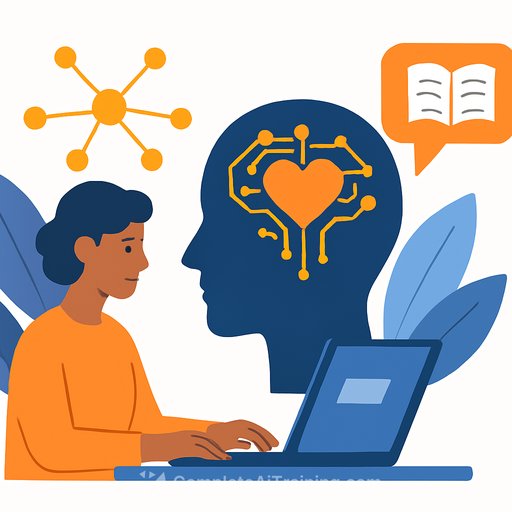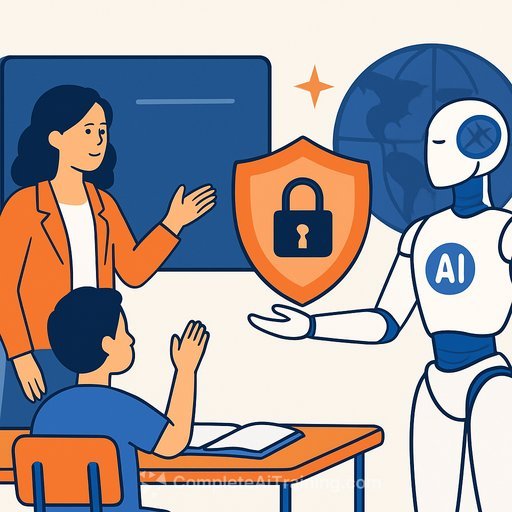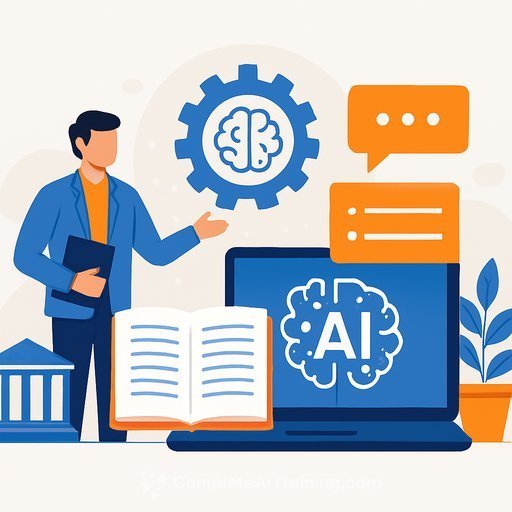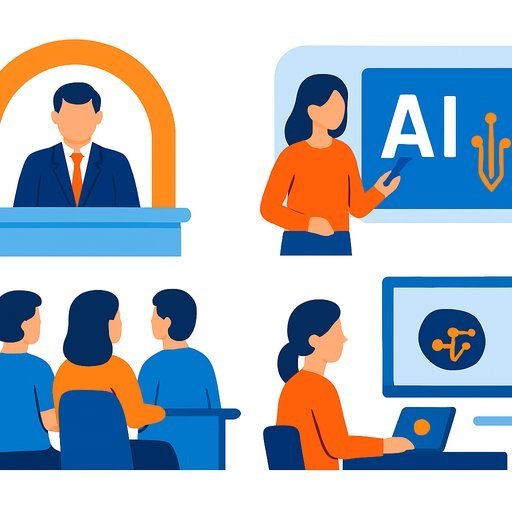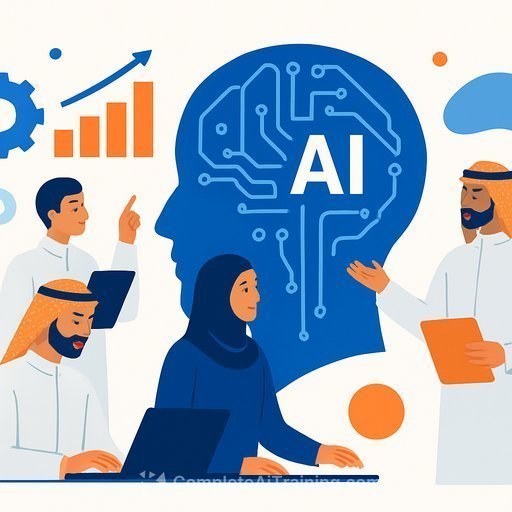WISE 2025 opens in Doha: Put human values back at the center of education
The 12th World Innovation Summit for Education (WISE), a Qatar Foundation initiative, opened in Doha under the theme "Humanity.io: Human Values at the Heart of Education." The message was clear: AI is moving fast, and education has to keep ethics, responsibility, and human judgment front and center.
Sheikha Moza bint Nasser called for a reset in how we think about the purpose of education. She warned that detaching knowledge from ethics carries real risk, especially as AI accelerates discovery and decision-making. "When education is stripped of values and morality, it becomes clear how easily it can turn into absolute evil," she said. She also pointed to the need to amplify regions that are still overlooked in global awards for science and research.
Qatar's Minister of Education and Higher Education, Lolwah bint Rashid bin Mohammed Al Khater, reinforced the point: progress depends on keeping humanity at the heart of our choices. When that's the starting point, change becomes a platform for growth and collaboration.
AI's curve is steeper than most expect
Author and former Google X executive Mo Gawdat argued that AI's influence is being underestimated. He cited recent advances, including a Google model surfacing a new method in mathematics. The classroom response, he said, should shift from memorizing facts to asking better questions. "The difference is not in the technology but in how we use it."
Why stories still teach best
Author Laila Lalami raised concerns about predictive tools and the ethics behind them. She made a case for storytelling as a durable method for learning-stories create a contained world where complex ideas become clear. Her advice to students and teachers: protect the learning process by making room for mistakes, not shortcuts and ready-made answers from AI.
What this means for educators now
- Recenter curriculum around ethics: build explicit units on digital responsibility, bias, consent, and data use across subjects.
- Teach question-crafting and problem-framing: move from "What's the answer?" to "What's the right question, assumption, or constraint?"
- Redesign assessment: use open-resource tasks, oral defenses, iterative drafts with version history, and process portfolios.
- Make AI literacy standard: cover model limits, hallucinations, bias, provenance, and appropriate use cases.
- Set clear classroom guardrails: require disclosure of AI assistance, protect student data, and differentiate help vs. substitution.
- Keep human practice non-negotiable: brainstorms on paper, peer critique, reflective journals, and independent drafts.
- Use storytelling across disciplines: case studies in science, narrative problems in math, and community histories in social studies.
- Close participation gaps: fund access, share open resources, and pair schools across regions for joint projects.
- Invest in teacher development: short sprints on AI tools, ethics, prompt writing, and assessment updates.
- Build cross-sector partnerships: connect with universities, nonprofits, and industry to co-create real-world projects.
90-day action plan for school and system leaders
- Publish a simple AI use policy aligned to an ethics framework (see UNESCO guidance below).
- Run workshops on "asking better questions" for both staff and students.
- Pilot assessment updates in two courses: one inquiry-based unit and one product with an oral defense.
- Launch a story-driven assignment in any subject to teach context, empathy, and judgment.
- Adopt an AI feedback tool with human review, and collect evidence of learning gains and pitfalls.
- Create a student-led advisory group to test, review, and refine AI classroom practices.
Context and resources
Learn more about the summit's platform and mission at the World Innovation Summit for Education (WISE). For policy anchors, review UNESCO's Recommendation on the Ethics of AI (UNESCO).
If you're building a staff learning plan around AI in education, explore role-focused upskilling options here: Complete AI Training - Courses by Job.
Bottom line
AI will keep advancing. Our edge is what we choose to teach: values, judgment, inquiry, and the human practices that make learning real. Build that into the daily routine-policies, lessons, and assessments-and the tech becomes a tool, not a crutch.
Your membership also unlocks:

